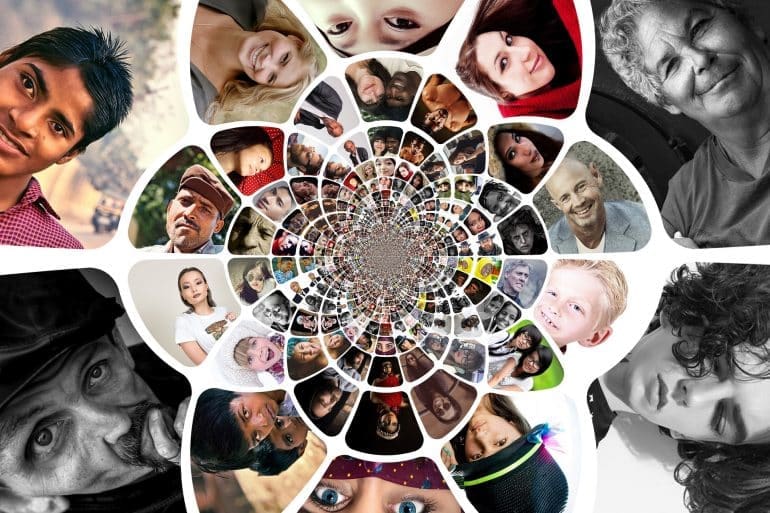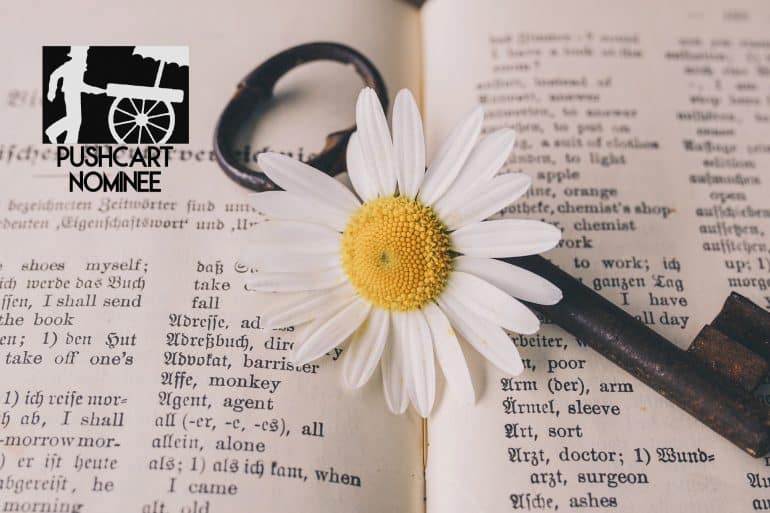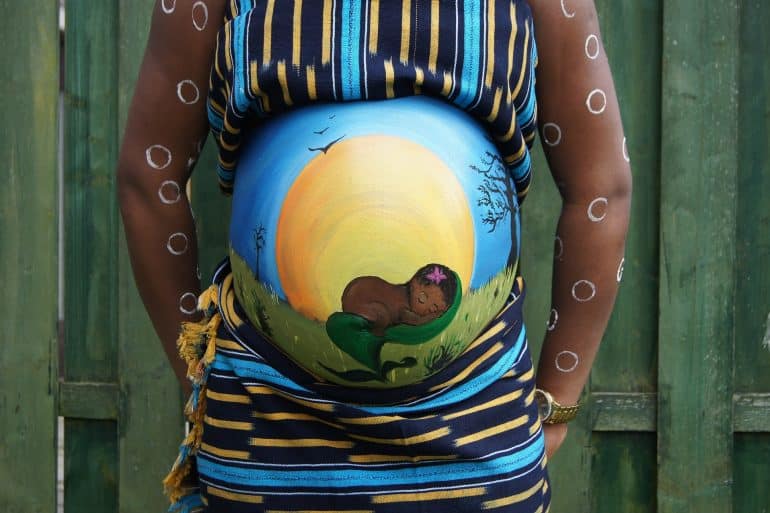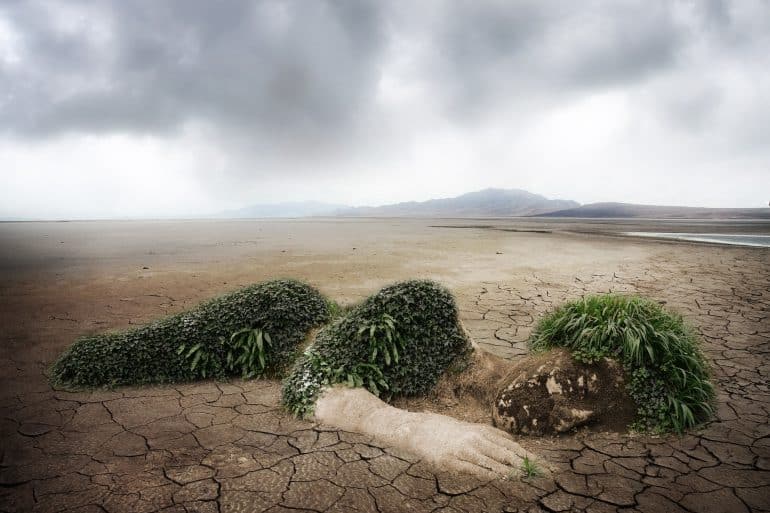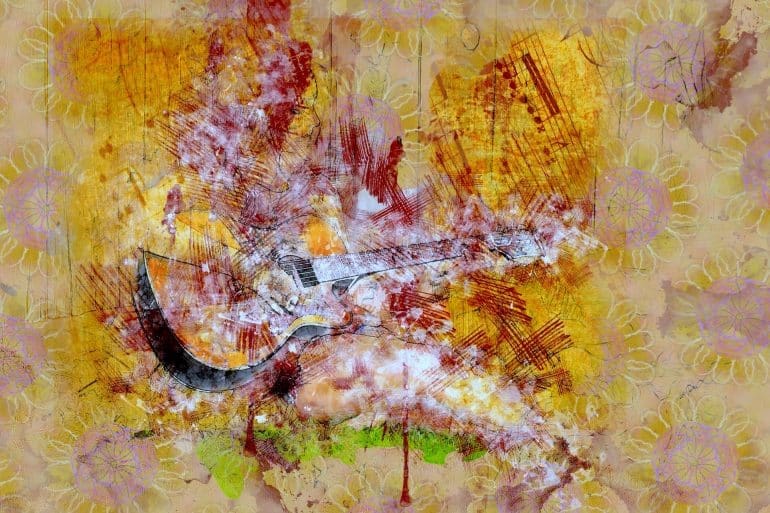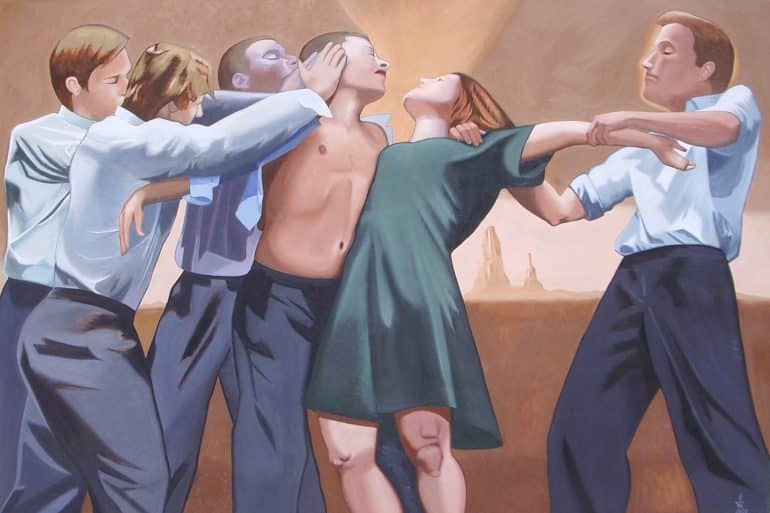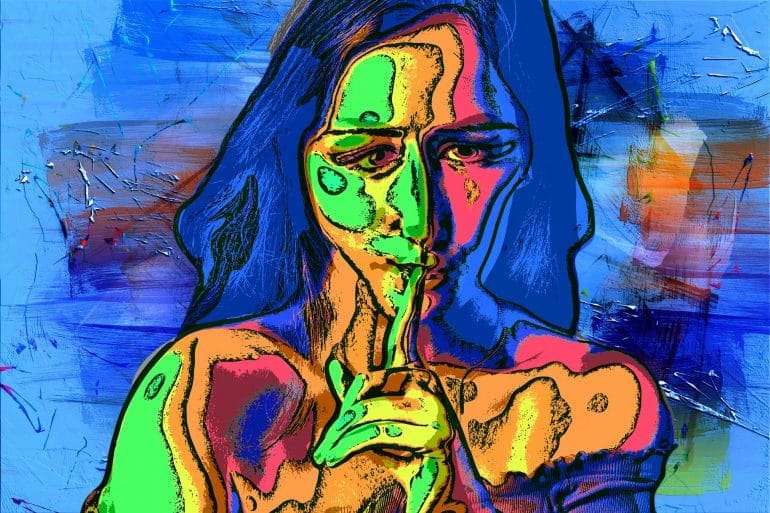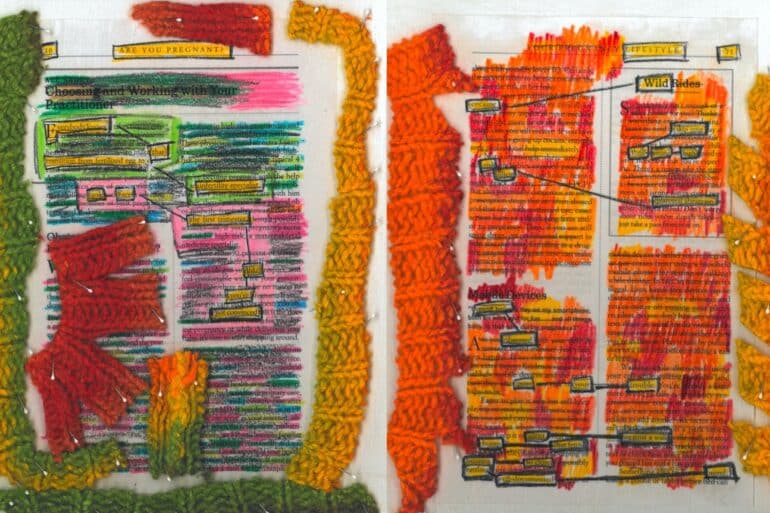"The AutoEthnographer is committed to diversity, equity, & inclusion in its administration; support of emerging authors and artists; & celebration of creative expression as a vehicle for shared understanding & positive change."
"One can’t write poetry without love. It is the strongest and the most vital root in poetry."
"This autoethnographic poetry is born of my personal experience, witness, as well as currently chronicled and ancestral lore."
"Here is a humble attempt for the 2022 special issue that comes in simple words to show how climate change begins at home."
"It is my hope that these words will serve as the beginning of an ongoing dialogue about what it means to live autoethnography."
“Woken Word” was born as my inner voice was awakening and the world, ironically was becoming “woke” while simultaneously retreating into isolation.
"I danced each morning with Pina Bausch. I became her pupil lifting my leg up in the air like a flamingo except feeling more awake than I’ve ever been."
"My poems for this special issue seek to document a history of my choice, not just personally but humanly, to use autoethnography to weave through the personal and the political."
Poet Anne McCrary Sullivan discusses her latest book Learning Calabar, Notes from a Poet’s Year in Nigeria with editor Michelle Reale.
This work of experimental poetry examines the interaction between the happy user of the open source format and the automated surface.
Sandra L. Faulkner·
All ContentAutoethnographic Art & MultimediaAutoethnographic PoetryFrom the EditorsMoreVolume 3, Issue 1 (2023)
··15 min read"Bringing up Baby” is a collection of collage and erasure poems that function as praise for and critique of (white) mothering.
My poem “Week After” explores my experience with assault, rape, and emotional abuse in a year and a half long relationship with an older man.


